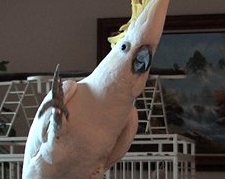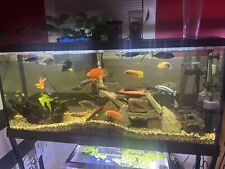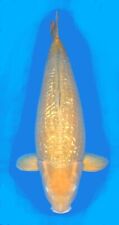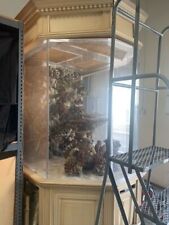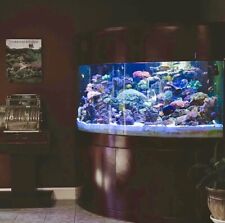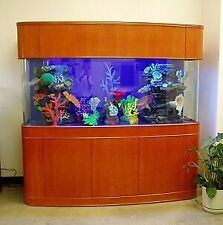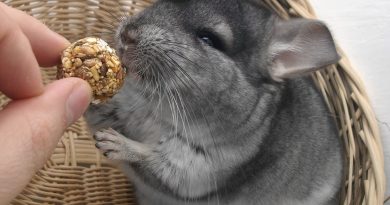Study Finds Some Pets Really Can Dance
Dancing, or synchronized rhythmic movement in time with a complex musical beat, has long been held to be a uniquely human trait. Researchers at The Neurosciences Institute in San Diego have now shown that a sulphur-crested cockatoo, named Snowball, can in fact synchronize his movements to musical beats. These results raise new questions about the biological bases of music and suggest new ways to expand our knowledge of how the brain works.
When Snowball was donated to the Bird Lovers Only Rescue Service in Indiana, he was accompanied by a CD noting that he particularly liked a song performed by the Backstreet Boys. When the song was played, Snowball began to bob to the beat, raising his legs, strutting and extending his crest in a "dance". A video of Snowball’s dancing posted on YouTube caught the attention of the Institute researchers.
To test that Snowball was truly responding to the musical beat, the team prepared versions of his favorite song with a wide range of beat speeds. Analysis of videos of his dancing to these versions showed that Snowball changed his dancing speed to match the altered beats. While his rhythm is not perfect, his synchronizing skills are comparable to those of a human child.
While many animals can move rhythmically, such as when walking or running, most appear unable to synchronize their movement with sound. What is it that makes cockatoos different? Drs. Patel and Iversen believe that it may be vocal learning. Like humans, cockatoos learn to imitate complex sounds. This ability requires a tight integration of auditory and motor systems within the brain so that an animal can learn the movements necessary to reproduce what it hears. Thus the ability to synchronize with sound might have arisen as a consequence of an animal’s having brain mechanisms that evolved for other reasons, such as vocal learning.
